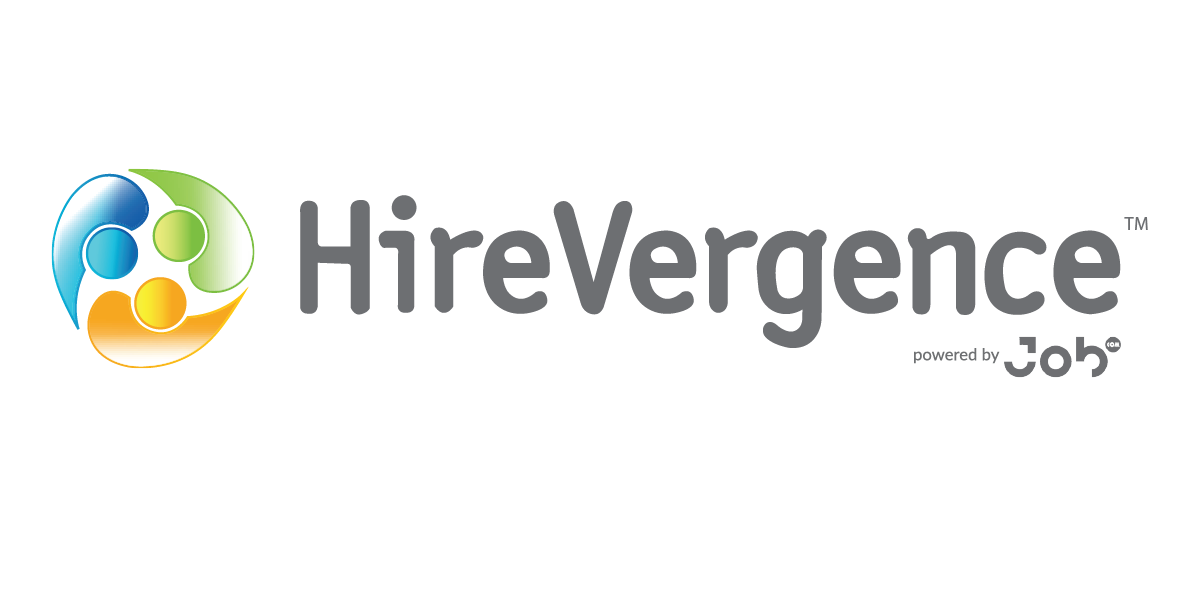Cybersecurity threats are continuously evolving. As technology progresses, attacks become more sophisticated and attackers become more adaptable. IT and cybersecurity teams are confronted with an ever-changing enemy. Cybercriminals’ activity is based on stealthy measures and advanced methods that evolve. The US Bureau of Labor Statistics foresees the job outlook for cybersecurity growing faster than most other industries. In fact, their progressions estimate a 28 percent growth from 2016 to 2026 because demand for creative-technical problem solvers is high.
Continuing education is the key to staying current and relevant in any field, and cybersecurity professionals are expected to know the ins and outs of their fast paced industry. Expensive certifications can be very useful to learn and better position yourself for upward mobility, but there are free tools out there as well. Whether you are entry-level, intermediate or a cybersecurity expert, it’s professionally beneficial to set-aside time for research and to absorb as much information as you can about your career.
Here are 4 free cybersecurity educational resources catered to varying skill levels:
- Cyberplanner: The Federal Communications Commission describes the internet as a “great enabler” of small business success.” On the contrary, the FCC understands the need to protect against growing threats. The Cyberplanner allows users to create a planning guide, “a tool for small businesses to create customized cyber security planning guides.” Each planner lists a glossary of terms and a general guide detailing the basics of cybersecurity.
- Small Business Administration: Cybersecurity for Small Businesses’ self-paced training exercises provide an introduction to securing information in a small business. The content is basic, just touching the surface of the extensive nature of cybersecurity, but it is helpful to consider security from a small business owner’s perspective. Some topics covered in the included exercises: Defining cybersecurity; Explaining the importance of securing information through best cybersecurity practices; Identifying types of information that should be secured; Identifying the types of cyber threats; Defining risk management; and Listing best practices for guarding against cyber threats.
- The Department of Homeland Security: The Cyber + Infrastructure unit of the Department of Homeland Security understands that training is an essential component of meeting the needs of tomorrow’s cybersecurity workforce. The National Initiative for Cybersecurity Careers and Studies (NICCS) was developed in close partnership between DHS, NIST, the Office of the Director of National Intelligence, and the Department of Defense. NICCS is an online resource for cybersecurity training that connects government employees, students, educators, and industry with cybersecurity training providers throughout the Nation. Exercises range from small discussion-based activities that last two hours to full-scale, internationally scoped, operations-based exercises that span multiple days. Some of the content is only available to federal workers, but there are ample opportunities for non-government employees. This information is beneficial to all skill levels.
- The Cybersecurity Workforce Development Toolkit helps organizations more efficiently protect their information, customers and networks. The toolkit includes cybersecurity career path templates and recruitment resources to recruit and retain top cybersecurity talent.
- The National Initiative for Cybersecurity Education (NICE) framework provides a blueprint to describe cybersecurity work by categories, specialty areas, work roles, tasks and knowledge, skills, and abilities (KSAs). The NICE Framework provides a common language to speak about cybersecurity positions.
- Cybrary: Cybrary’s mission is: “We believe Cyber Security training should be free, for everyone, FOREVER.” This is a free website library geared towards cybersecurity, IT and other InfoSec niches. It’s a community-based platform where “people, companies and training come together.” Sign-up for a free account and gain access to hundreds of free videos and tutorial content. The material is given a rank based on the level of difficulty and sorted by Beginner, Intermediate, Advanced/Leadership levels. There are mentor-led programs available for a subscription, but the free edition offers substantial educational value. Additional features include virtual training and live online training experiences. Cybrary partners with industry giants like Cisco, Kaplan IT Training, Oracle, Microsoft and Axelos.
A continuous and simple way to stay current with industry-related updates and content is to register for Google or web alerts. The filters prevent unwanted media from reaching you, so you can be sure you’re alerted to relevant updates according to your specifications. The Bureau of Labor Statistics recommends that since technology changes so quickly, keep-up by talking to people in the field and networking. Spend time online to understand what you need to learn and take advantage of the numerous educational resources available.


